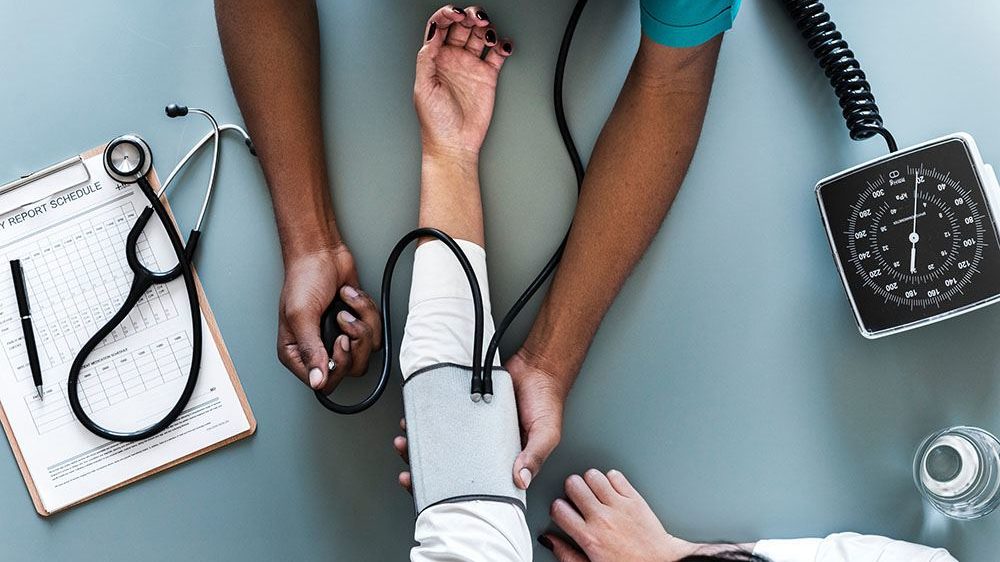Methadone is a narcotic (also known as opioid) medication that works by changing the way your brain and nervous system respond to and process pain. The original use for methadone was to treat extreme pain. It is currently still used in some cases to alleviate severe pain, but is also used as part of a treatment plan for addiction to other opioids (i.e. painkillers, heroin…etc.). When used in treatment for substance abuse or addiction, it is typically referred to as replacement therapy. The use of methadone can help reduce unpleasant withdrawal symptoms by acting as a replacement for the abused opioid in one’s system. Methadone comes in several different forms: tablet, powder or liquid. Methadone is not an ideal medication for everyone. In fact, certain circumstance can elevate one’s chances for developing a methadone dependency.
Side Effects of Methadone
There is no predetermined set duration of time every individual uses methadone in their treatment program, nor is there a specific dose that works for everyone. Each individual will require a somewhat tailored treatment plan and will be closely monitored by the prescribing physician (or another medical professional) to assure the safety of the individual. Some of the side effects that an individual using methadone may exhibit can include any combination of the following examples:
- Vomiting
- Itchy skin
- Restlessness
- Nausea
- Excessive sweating
- Constipation
- Slow breathing
There are more serious side effects that can occur. Should an individual experience any of the following side effects, it is best to contact a doctor:
- Developing a rash
- Swelling of lips, tongue, throat and/ or face
- Difficulty breathing
- Experiencing chest pain
- Feeling dizzy and/ or faint
- Rapid heartbeat
- Experiencing hallucinations
- Weak muscles
- Severe drowsiness
The above side effects should be taken seriously and if presented, an individual should immediately obtain emergency medical attention. When used improperly and/ or abused, methadone can result in overdose. It is imperative to be transparent with one’s medical professional regarding one’s methadone use. The purpose for the use of methadone in treatment with opioid abuse is to help reduce some of the unpleasant withdrawal symptoms that can begin when detoxing and linger long after. When the time comes to stop using methadone, the overseeing medical professional will work with an individual to help reduce or prevent the experience of withdrawal symptoms.
When to Avoid Methadone
Every individual is different and will respond to medication distinctly. There are, however, various preexisting conditions that can pose as potential risks and should be seriously considered prior to beginning a methadone treatment. Methadone may not be suitable for individuals with the following:
- An electrolyte imbalance
- Heart disease
- Breathing problems
- Liver disease
- A heart rhythm disorder
- Severe asthma
- Thyroid problems
- Kidney disease
- Lung disease
- Sleep apnea
- Pancreas problems
- A history of brain tumor, seizures, and/ or head injury
- Gallbladder problems
Any medical professional that prescribes methadone should be privy to their patients detailed health history. It is also important to note that while the effects of methadone are relatively mild compared to other opioids, one’s body can adapt to it, increasing one’s tolerance to the drug and elevating the possibility for abuse and developing an addiction. Additionally, the use of other substances, namely alcohol, can lead to dangerous side effects or death.
For Information and Support
If you are concerned for yourself or a loved one in regards to substance abuse and/ or addiction we recommend reaching out for help as soon as possible. If left untreated, substance abuse can result in long lasting and potentially life-threatening consequences. Keep in mind: you are not alone! There is an entire network of professionals that are available to help and support you and your loved one throughout the recovery process. The earlier you seek support, the sooner your loved one can return to a happy, healthy and fulfilling life.
Please do not hesitate to reach out with any questions regarding our specific program at Haven House Addiction Treatment and/ or general substance abuse and/ or addiction treatment related information.



